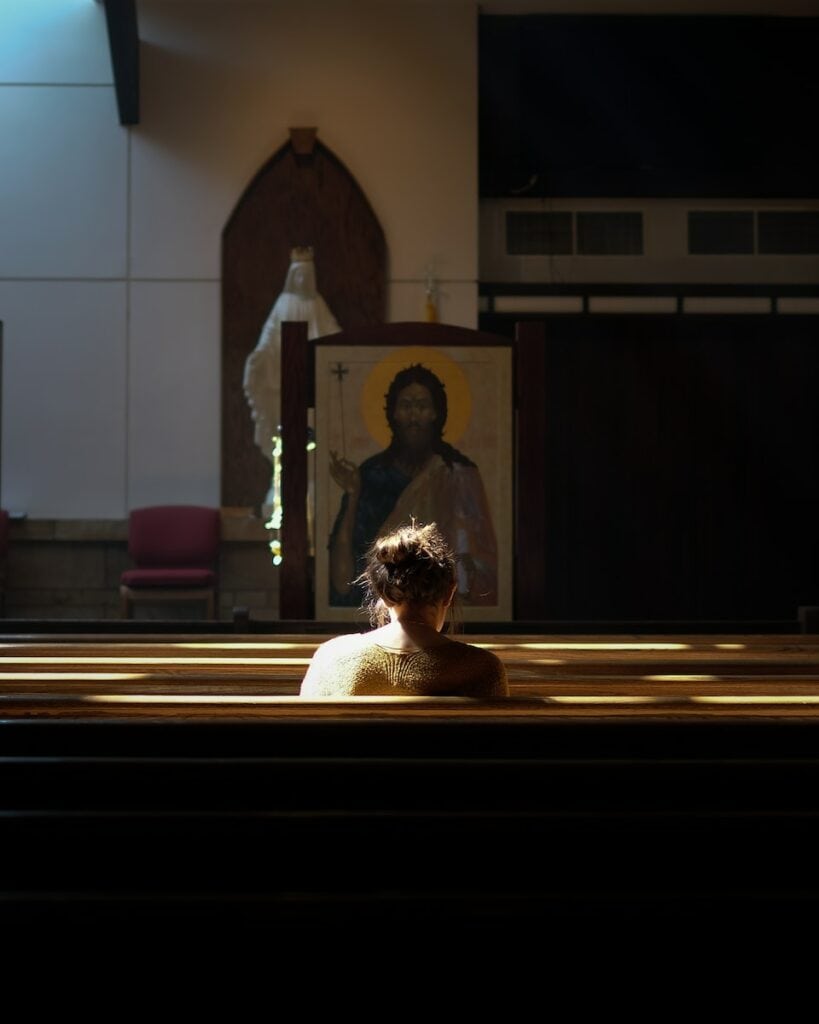Converting to Catholicism is a big life-changing decision, Catholicism is a centuries-old religion, tradition of spirituality, worship, and community. Whether you’re exploring Catholicism out of curiosity, a desire for a deeper spiritual connection, or an attraction to the Catholic Church’s principles and values, this post will serve as a simple summary guide to help you embark on your journey of faith and conversion.
Understanding Catholic Beliefs and Doctrines
Before delving into the process of conversion, it is essential to familiarize yourself with the core beliefs and doctrines of Catholicism. Explore the teachings on the Holy Trinity, the role of Mary and the saints, the sacraments, the Eucharist, and the importance of prayer and scripture in Catholic life. Here in About Catholics, we have an extensive library of posts that you can go through to get yourself familiarized with the faith.
Connecting with a Catholic Community
A crucial step in becoming Catholic is connecting with a local Catholic community. If you find yourself a bit daunted to attend Mass on your own, ask your Catholic friend or family member to come with you. You can also get acquainted with your local parish to participate in parish events and engage with members of the community. Building relationships with fellow Catholics can provide support, guidance, and a sense of belonging throughout your journey.
Seeking Spiritual Guidance from a Priest or Spiritual Director
Speaking with a priest or a spiritual director can offer valuable insights and support during your exploration of Catholicism. They can provide answers to questions, clarify doubts, and help you navigate the process of conversion with wisdom and compassion. The best way to find a Priest or Spiritual Director is by going to your local parish.
Enrolling in RCIA: Rite of Christian Initiation for Adults
The Rite of Christian Initiation for Adults (RCIA) is a structured program designed for individuals interested in becoming Catholic. RCIA covers the foundational teachings of Catholicism, introduces participants to Catholic rituals, and prepares them to receive the sacraments of initiation: Baptism, Confirmation, and Eucharist.
Embracing Catholic Liturgical Seasons and Traditions
Immerse yourself in the beauty and depth of Catholic liturgical seasons and traditions. Observe Advent, Lent, Easter, and other celebrations, and partake in Catholic practices that resonate with your spiritual journey. These Catholic practices and events are usually community events held in the Parish where you can also meet your fellow parishioners.
Reflecting on Your Personal Journey and Faith
Take time for personal reflection and introspection throughout the conversion process. Journal your thoughts, emotions, and spiritual experiences as you explore Catholicism. Engage in prayer and meditation to deepen your understanding of your faith and relationship with God. You can also join online Catholic retreats to help you in your personal prayer journey.
One online retreat that we highly recommend is Pray More Retreat. It’s a purely online retreat that happens thrice a year, and you can easily sign up for it on their website. Another great thing to add to your personal prayer and meditation time is praying novenas. You can also check out this free online novena service called Pray More Novenas, wherein you can explore a plethora of novenas that you can pray depending your personal intentions.
Embracing Catholicism as a Journey of the Heart
Becoming Catholic is more than just a religious conversion; it is a journey of the heart and soul. Embrace the richness of Catholic teachings, the warmth of its community, and the transformative power of the Church’s beliefs and practices. Allow yourself to be drawn closer to God, guided by the love and grace that Catholicism offers. Remember, the process of conversion is unique to each individual, so take your time and savor the beautiful pilgrimage of faith that lies ahead. May your journey as a Catholic be filled with blessings, growth, and a profound sense of belonging to the Catholic family.
